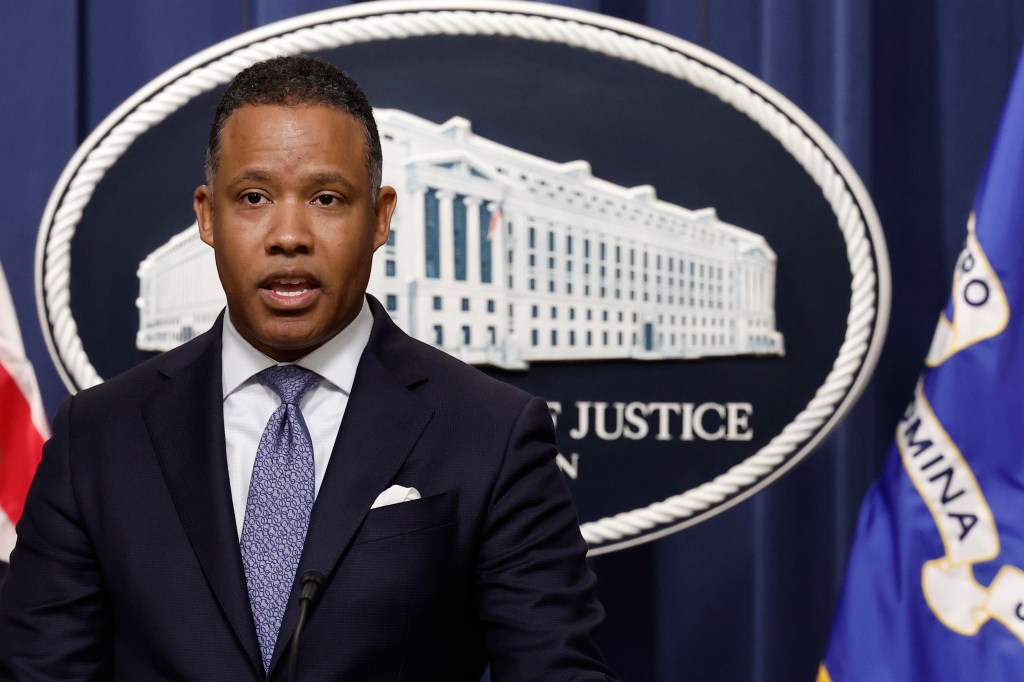“Come forward, cooperate, and remediate” was the message US Assistant Attorney General Kenneth A Polite Jr wanted to emphasise in his speech to GeorgeTown Law School last week. He used the occasion to set out revisions to the Justice Department’s Corporate Enforcement Policy, most notably greater incentives for companies to self-disclose misconduct.
Some observers took the speech to indicate a softening of tone from the Biden adminstration, which has ramped up the ‘tough on corporate crime’ rhetoric. Polite said it was “directed squarely at companies that take compliance and good corporate citizenship seriously” but, as seasoned industry observer Matt Kelly said on his Radical Compliance blog, the detail raises some challenging questions.
Wider criteria for declination
The significant part of Polite’s announcement was that the criteria for so-called declinations – decisions to decline going ahead with prosecution – are to be more widely applied. He said that from now on, prosecutors could opt for declination “ if the company can demonstrate that it has met each of the following three factors”;
- The voluntary self-disclosure was made immediately upon the company becoming aware of the allegation of misconduct;
- At the time of the misconduct and the disclosure, the company had an effective compliance program and system of internal accounting controls that enabled the identification of the misconduct and led to the company’s voluntary self-disclosure; and
- The company provided extraordinary cooperation with the Department’s investigation and undertook extraordinary remediation.
If a criminal resolution is still considered appropriate, Polite said, the Department of Justice would now, if a company voluntarily discloses misconduct, cooperates fully and provides evidence of timely and appropriate remedies, “recommend to a sentencing court, at least 50%, and up to 75% off of the low end of the US Sentencing Guidelines fine range, except in the case of a criminal recidivist”. That is a significant increase on the previous position which allowed for a potential maximum reduction of 50%.
“A reduction of 50% will not be the new norm; it will be reserved for companies that truly distinguish themselves and demonstrate extraordinary cooperation and remediation.”
Kenneth A Polite, US Assistant Attorney General
For companies that do not voluntarily disclose but which do fully cooperate and provide appropriate remedies, the recommendation will be for up to a 50% reduction off the low end of the Guidelines fine range.
Polite was keen to stress that “A reduction of 50% will not be the new norm; it will be reserved for companies that truly distinguish themselves and demonstrate extraordinary cooperation and remediation.” But the introduction of the concept of “extraordinary cooperation” raises an important point, one set out by Kelly on his blog. “How does that differ from the Justice Department’s previous standard of providing ‘full’ cooperation?”
Polite attempted to address that question in his speech, saying that factors such as quality and timing of assistance, cooperation that produces results and providing evidence that leads to additional convictions would be considered. But, as Kelly says: “isn’t that what companies are doing already to win credit for ‘full’ cooperation?”
Fifth Amendment
Kelly’s theory is that the DoJ is “trying to cover its fifth Amendment behind, before a federal judge decides that these cooperation policies really turn a company’s in-house investigations team into an extension of the Justice Department”. And he points to Polite’s comment that “the government will not affirmatively direct a company’s internal investigation, if it chooses to do one, and companies are often well positioned to know the steps they can take to best cooperate in a particular given case” to back his assumption.
Perhaps the key message for compliance and regulation professionals, CEOs and boards to tackle from the speech was one Polite delivered in the closing section of his speech. “Our number one goal in this area – as we have repeatedly emphasized – is individual accountability. And we can hold accountable those who are criminally culpable—no matter their seniority—when companies come forward and cooperate with our investigation.”






